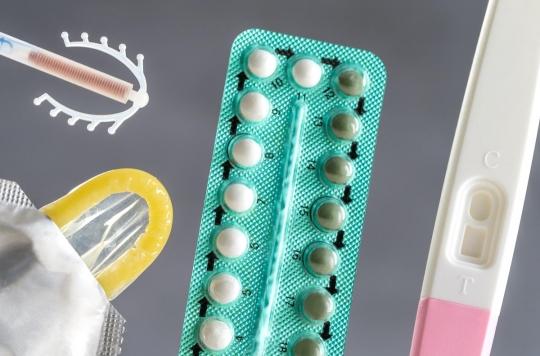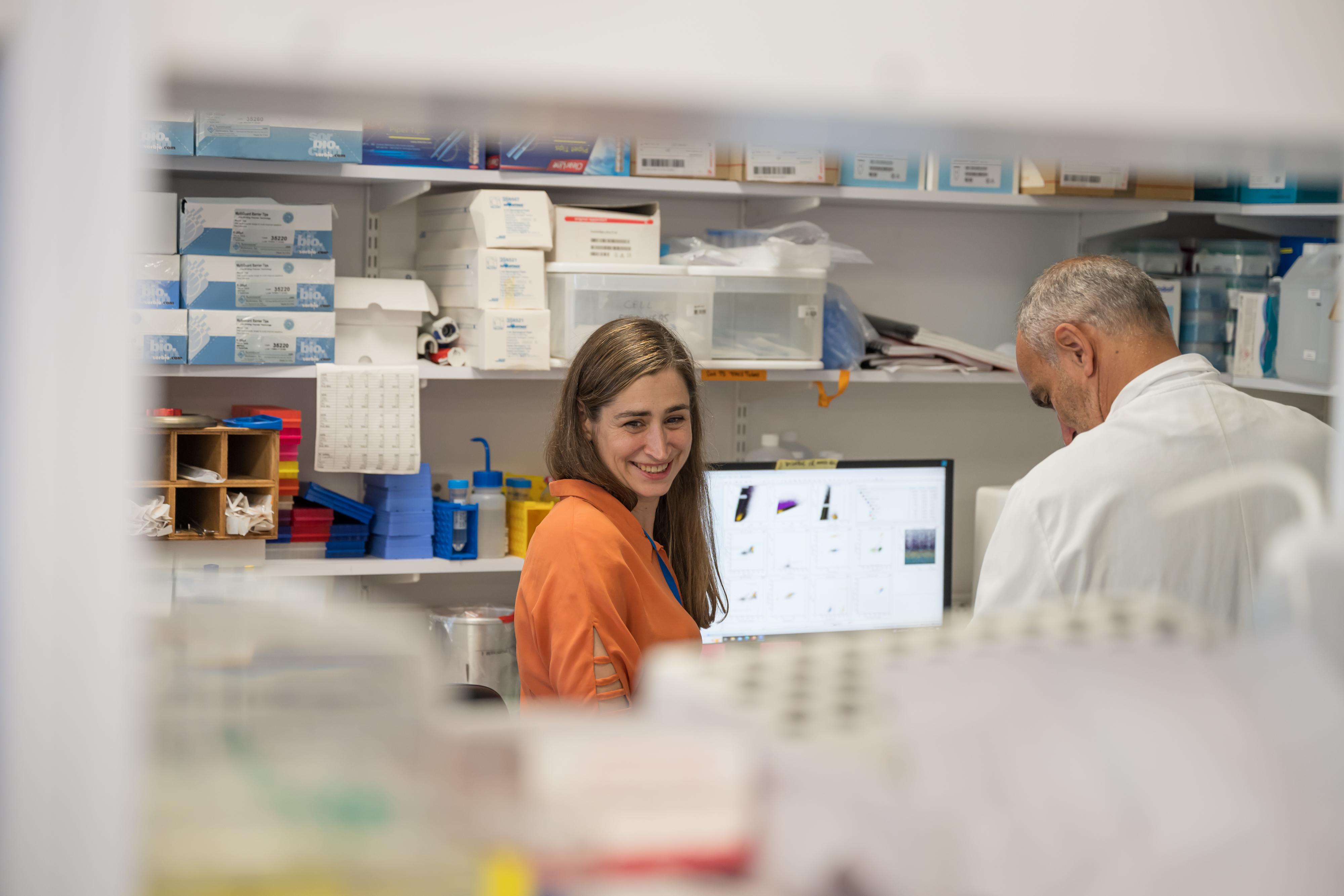Women who stop using certain forms of contraception may have to wait up to eight months before their fertility returns.

- Women who used progestins had the longest time to return to normal fertility.
- Contraceptive patch users, users of oral contraceptives and vaginal rings, and users of hormones and copper intrauterine devices and implant contraceptives also experienced delays in the return of their fertility.
Return to fertility after contraceptive use depends on the contraceptive used. American researchers from the University of Boston compared, with scientists from the University of Aarhus in Denmark, the different means of contraception and found that the time before this return of fertility is very variable. They published the results of their study on November 11 in the journal BMJ.
Compare all birth control methods
Many previous studies have focused on the effects of oral contraceptives. These have shown short delays of about three months for the return of fertility after women have stopped taking them. To go further, American and Danish researchers wanted to extend the spectrum of contraceptive methods and their influence on fertility. To do this, they brought together data from three studies that involved a total of almost 18,000 women, from Denmark and North America, who planned pregnancies between 2007 and 2019.
For the study, the women reported their contraceptive history, as well as personal, medical and lifestyle information. Every two months, follow-up questionnaires were sent for 12 months or until they became pregnant. A total of 10,729 pregnancies were recorded during the observation of 66,759 menstrual cycles. About 56% of women conceived within 6 follow-up cycles and 77% within 12 cycles. The most frequently reported contraceptive method is oral contraceptives (38%), followed by “barrier” methods such as condoms, the diaphragm (31%) and natural methods such as withdrawal and avoiding sexual intercourse during pregnancy. fertility (15%).
Injectable progestins: the longest delay
Results showed that women experienced short-term delays in return to fertility if they recently stopped using oral contraceptives, the contraceptive ring, and some long-acting reversible contraceptive methods, compared to users of barrier methods. Women who used progestins had the longest time to return to normal fertility (five to eight cycles), followed by contraceptive patch users (four cycles), birth control pill users, and vaginal ring users ( three cycles) and users of hormones and copper intrauterine devices and implant contraceptives (two cycles).
The results indicate that the return to normal fertility varies considerably depending on the contraceptive method. “Our results indicate little or no lasting effect of long-term use of these methods on fertility.the researchers wrote. These findings could inform clinical recommendations on contraceptive decision-making.”
.

















